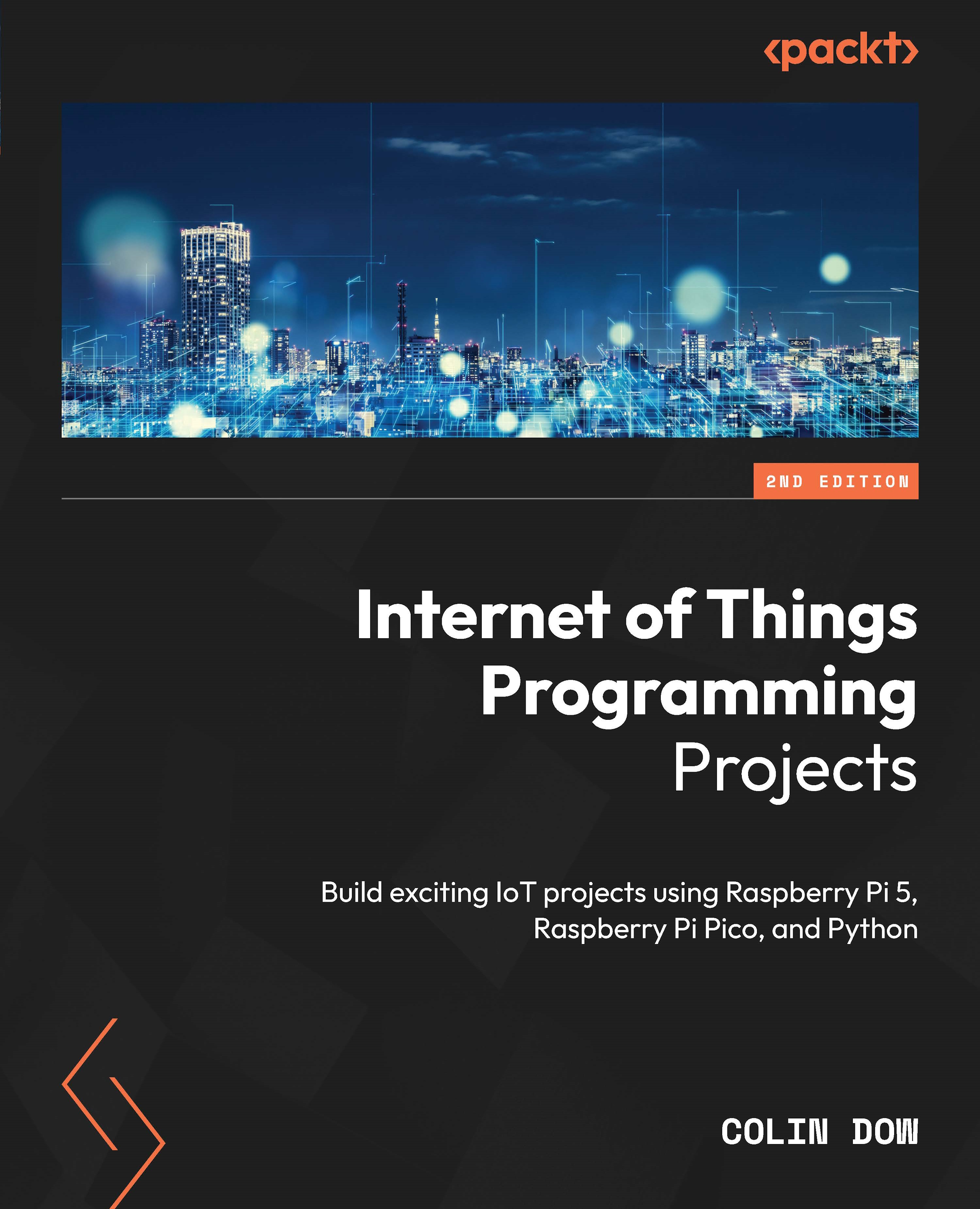Exploring LEDs
LEDs were first developed in the early 1960s. The first LEDs were red and were first used as indicators in seven-segment displays. Today, LEDs are virtually everywhere – from indicator lights on our electronic devices and home appliances to the screens of our televisions and smartphones.
An LED is a simple semiconductor device. It has two leads – an anode (positive) and a cathode (negative). When a forward current passes through the diode from the anode to the cathode, it emits light. The color of the light depends on the materials that are used to make the diode and can range from infrared to ultraviolet, including all the colors of the visible spectrum.
LEDs come in various types, including single-color LEDs, RGB LEDs, which are capable of producing a multitude of colors, infrared LEDs, which are used in remote controls and night-vision systems, and bi-color LEDs, which can emit two different colors. Figure 3.6 shows an array of LEDs ranging from...



























































